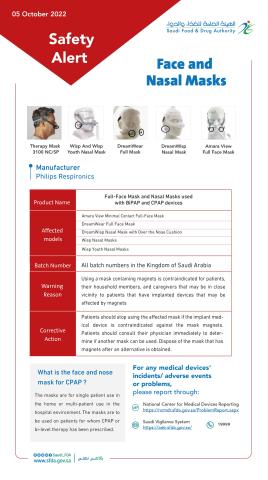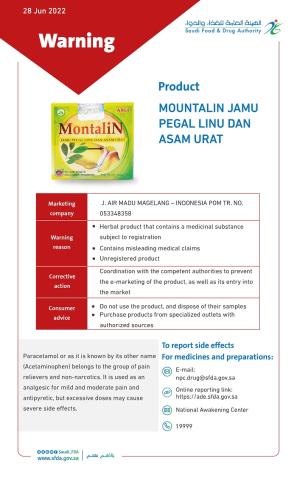Background
Whether intravenous tissue plasminogen activator (alteplase) is effective beyond 3 h after onset of acute ischaemic stroke is unclear. We aimed to test whether alteplase given 3–6 h after stroke onset promotes reperfusion and attenuates infarct growth in patients who have a mismatch in perfusion-weighted MRI (PWI) and diffusion-weighted MRI (DWI).
Methods
We prospectively and randomly assigned 101 patients to receive alteplase or placebo 3–6 h after onset of ischaemic stroke. PWI and DWI were done before and 3–5 days after therapy, with T2-weighted MRI at around day 90. The primary endpoint was infarct growth between baseline DWI and the day 90 T2 lesion in mismatch patients. Major secondary endpoints were reperfusion, good neurological outcome, and good functional outcome. Patients, caregivers, and investigators were unaware of treatment allocations. Primary analysis was per protocol. This study is registered with , number .
Findings
We randomly assigned 52 patients to alteplase and 49 patients to placebo. Mean age was 71·6 years, and median score on the National Institutes of Health stroke scale was 13. 85 of 99 (86%) patients had mismatch of PWI and DWI. The geometric mean infarct growth (exponential of the mean log of relative growth) was 1·24 with alteplase and 1·78 with placebo (ratio 0·69, 95% CI 0·38–1·28; Student's t test p=0·239); the median relative infarct growth was 1·18 with alteplase and 1·79 with placebo (ratio 0·66, 0·36–0·92; Wilcoxon's test p=0·054). Reperfusion was more common with alteplase than with placebo and was associated with less infarct growth (p=0·001), better neurological outcome (p<0·0001), and better functional outcome (p=0·010) than was no reperfusion.
Interpretation
Alteplase was non-significantly associated with lower infarct growth and significantly associated with increased reperfusion in patients who had mismatch. Because reperfusion was associated with improved clinical outcomes, phase III trials beyond 3 h after treatment are warranted.
Source: Lancet Neurology DOI:10.1016/S1474-4422(08)70044-9



